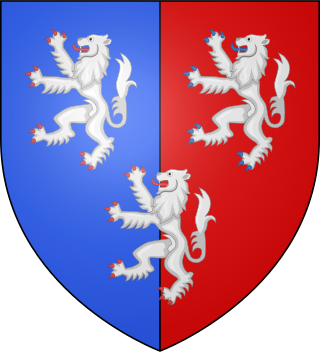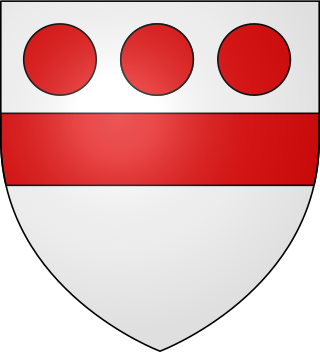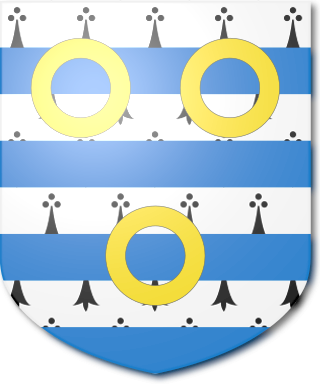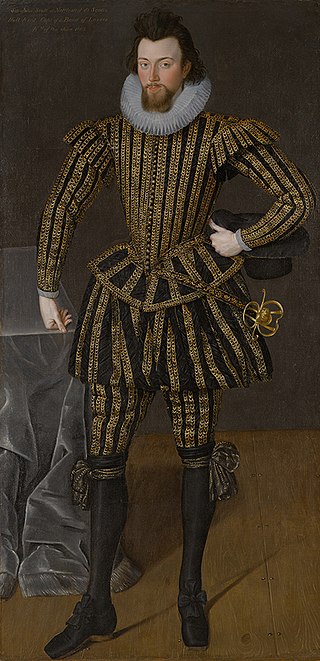Related Research Articles

Sir Edward Herbert of Aston in Montgomeryshire, was an English lawyer and politician who sat in the House of Commons at various times between 1621 and 1641. He was Attorney-General under King Charles I.
Edward Stanley may refer to:

Hone Pani Tamati Waka Nene Harawira is a New Zealand Māori activist and former parliamentarian. He was elected to parliament as the member for the Māori electorate of Te Tai Tokerau in 2005 as the Māori Party candidate.

James Ley, 1st Earl of Marlborough was an English judge and politician who sat in the House of Commons at various times between 1597 and 1622. He was Lord Chief Justice of the King's Bench in Ireland and then in England, and was Lord High Treasurer from 1624 to 1628. On 31 December 1624, James I created him Baron Ley, of Ley in the County of Devon, and on 5 February 1626, Charles I created him Earl of Marlborough. Both titles became extinct upon the death of the 4th Earl of Marlborough in 1679.

New Inn Hall was one of the earliest medieval halls of the University of Oxford. It was located in New Inn Hall Street, Oxford.
William Honnyng (1520–1569) was an English Member of Parliament and Tudor Court official who served as Clerk of the Signet and Clerk of the Privy Council under Henry VIII and Edward VI.

Sir Walter Devereux, 5th Viscount Hereford, 2nd Baronet of Castle Bromwich, was an English politician who sat in the House of Commons at various times, between 1614 and 1624, before succeeding to the family Viscountcy in the peerage of England.
Sir Gilbert Gerard, 1st Baronet of Harrow on the Hill was an English politician who sat in the House of Commons at various times between 1614 and 1660. He was a supporter of the Parliamentary cause during the English Civil War and of Oliver Cromwell during the Protectorate.

Thomas Smith or Smyth was an English politician who sat in the House of Commons at various times between 1628 and 1642. He fought for the Royalist cause in the English Civil War.

Sir Thomas Harries or Harris, 1st Baronet was an English lawyer.
Sir Francis Knollys of Reading Abbey, Berkshire was an English privateer and politician who sat in the House of Commons at various times between 1575 and 1648.
Sir Robert Pye (1585–1662) was an English courtier, administrator and politician who sat in the House of Commons between 1621 and 1629. He supported the Royalist cause in the English Civil War.
Edward Jones was an English politician who sat in the House of Commons at various times between 1593 and 1609.
Sir Edward Spencer was an English landowner, lawyer, knight, nobleman, and politician who sat in the House of Commons at various times between 1621 and 1648.

Sir Giles Strangways, of Melbury Sampford, Dorset, was five times MP for Dorset in 1553, 1554, 1555, 1558 and 1559.
Vincent Grantham, of Goltho and Lincoln, was an English Member of Parliament.
Sir Henry Baynton or Bayntun was an English politician.

Sir Valentine Knightley was an English landowner and Member of Parliament.
Edward Ludwell, of Bath, Somerset, was an English politician and clothmaker.

Sir John Scott was an English soldier and politician, and Member of Parliament (MP).